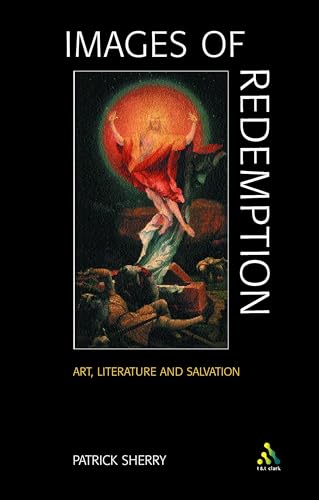EVANGELICAL ECCLESIOLOGY—REALITY OR ILLUSION
Written by John G. Stackhouse (ed.) Reviewed By Krish KandiahThis is a collection of nine papers from the 2002 Regent College Theological Conference. Stackhouse has edited a stream of books that collect the papers from previous Regent conferences including Evangelical Futures (Baker, 2000), No other God’s before me? (Baker, 2001) and What does it mean to be saved? (Baker, 2002).
There are limitations in the scope of evangelical thought represented in the book as the majority of contributors are Presbyterian or Anglicans. There is a lone Baptist author and most notably there appear to be no charismatic or Pentecostal representatives and all of the authors are North American. It is a shame that in a colloquium of this kind, at an internationally renowned institution like Regent, there was not more global participation. However, accepting the limitation of the sources the papers make for very stimulating reading.
The book breaks down into three main sections.
Part one is made up of two historical papers: the first examines the history of evangelicalism and the second explores resources for a sacramental ecclesiology drawing on the Celtic church experience.
Part two contains tow programmatic essays: Howard Snyder offers a helpful critique of the four marks of the church and George Hunsberger explores evangelical missional ecclesiology by critiquing the 1999 Iguasso Global Consultation of Evangelical Missiology’s World Mission Affirmation. Hunsberger incisively draws attention to the lack of emphasis on the corporate nature of Christian mission and particularly a low view of the church.
Part three contains two very different types of paper. Firstly, Roger Olson (the lone Baptist) argues that Free Church ecclesiology is the most naturally evangelical of all ecclesial approaches and Edith Humphrey provides an overview of the four Nicene Marks of the church. Subsequently, two papers offer an internal critique of the other papers which makes for a helpful dialogue element to the book. Unfortunately the essay by Paul Zahl is perhaps the low point of the book as he argues that there is no real need for ecclesiological reflection as it is not saving doctrine and that the four marks of the church have no real validity as ‘the four Latin adjectives only got the church into the apostate mess it was in’ (215).
Overall the book raises some significant questions for evangelical ecclesiology:
- Is Evangelical Ecclesiology an oxymoron as evangelicalism is essentially an interdenominational movement (32)?
- Why is that evangelicals whilst ‘celebrating the spiritual union of all the truly regenerate, the movement itself [is] dogged by separatism’ (34)?
- Is evangelicalism in part so integrated with modernity that it ‘leaves it vulnerable to a radically individuated form of relationship with God’? (Hunsberger, 118).
Krish Kandiah
Krish Kandiah
The Evangelical Alliance
London, England, UK







